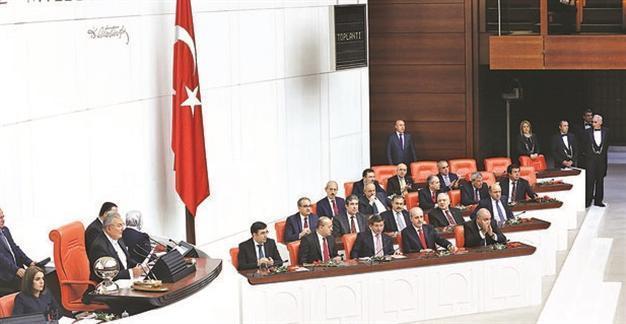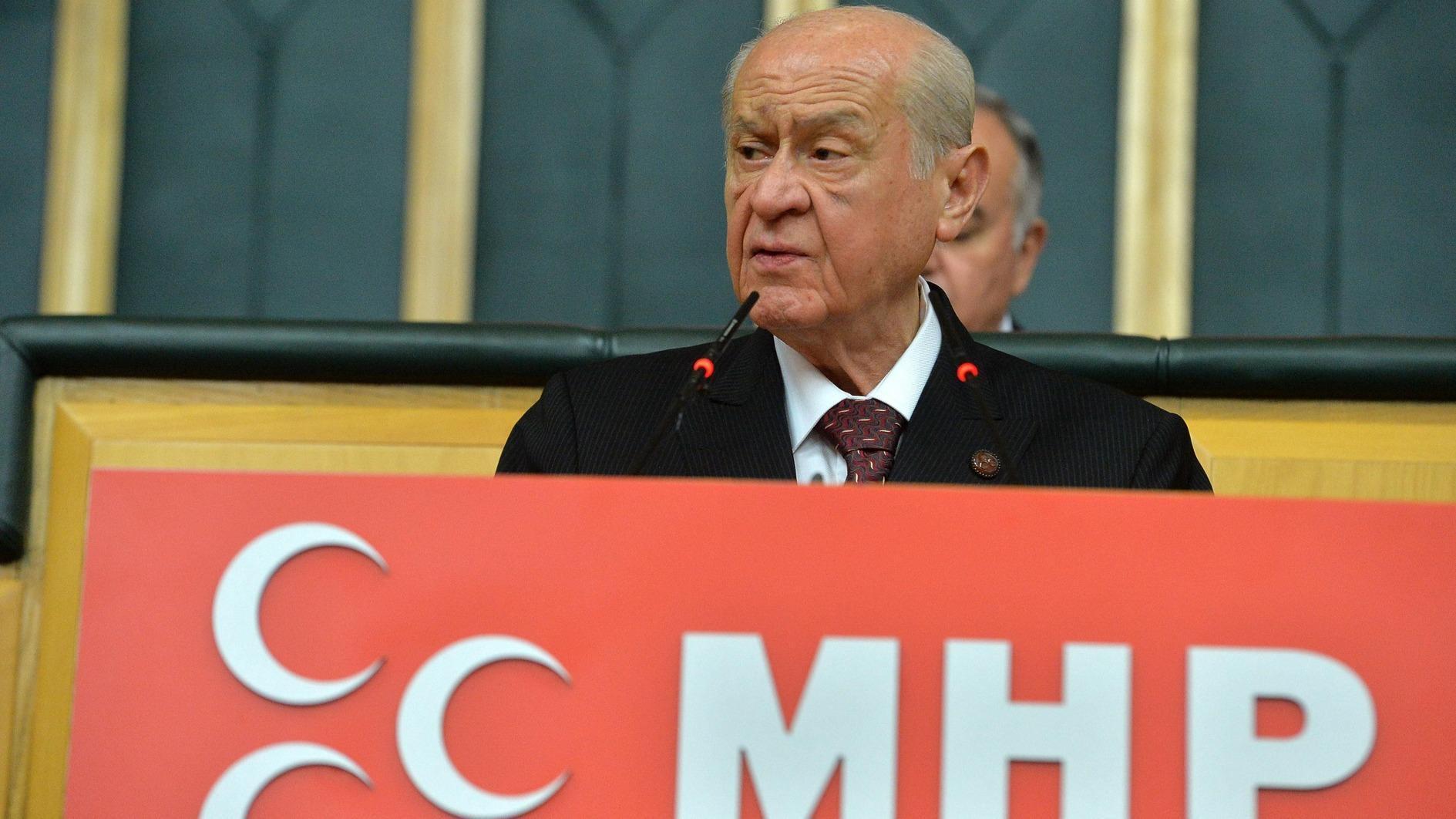Fresh ‘Alevi opening’ high on AKP’s roadmap
Deniz Zeyrek - ANKARA

AA photo
Having almost completed its planned legislative program before officially taking over as the newly elected 64th government of Turkey, the Justice and Development Party (AKP) is expected to prioritize a fresh “Alevi opening” to address the status and rights of Alevi citizens.AKP executives held a series of meetings with representatives of the Alevi community before drafting the program that will guide its policies over the next four years. In line with this, legal arrangements will be made to have the water and electricity expenses of Alevi worship houses (cemevis) paid by the state, as is already the case for mosques, which are covered by a budget allocated by the Directorate General of Religious Affairs (Diyanet). Also on the agenda is the payment of state salaries to Alevi religious leaders, known as “dedes.”
Alevis, often described as adherents of a “liberal” form of Anatolian Islam, conduct religious practices distinct from Turkey’s Sunni majority, and are thought to make up around 15 percent of the country’s population.
Many Alevis consider the lack of an official status for cemevis to be a fundamental issue, and the AKP is said to be considering an amendment to formally recognize cemevis as houses of worship. This has up to now been strictly refused on the grounds that the mosque is said to be the only place of worship in Islam.
However, aware of the sensitivity of the issue and its potential to trigger a debate over the founder of the Republic of Turkey, Mustafa Kemal Atatürk, the government is not thought to be considering an amendment to a law, in force since the early years of the republic, that ordered the closure of all “tekkes” (dervish lodges) and “zaviyes” (small dervish lodges).
According to its planned government program, the AKP will introduce a system under the title “Traditional Wisdom Centers and Cemevis.” In line with this, party executives say Alevis will be able to call their worship houses either “cemevis” or “hearths” (“ocak” in Turkish). If they insist on securing an official status under the name “cemevi” then they will have to operate under the Diyanet, one executive said, citing a difference of views among Alevi citizens on this issue.
“We are approaching the issue completely positively. We are not making any impositions and the initiative will belong to the Alevi people to a large extent,” the official said.
Judiciary changes
Meanwhile, the AKP is also planning a series of reforms in the judicial field.
Accordingly, the Military Supreme Court of Appeals will be reshaped and its jurisdiction limited solely to military discipline cases. This means that members of the Turkish Armed Forces will be tried at civilian courts for any crime requiring an administrative or criminal penalty.
The AKP also plans to appoint “expert judges” in a variety of fields to serve as “legal experts” for courts.
As part of public administration reforms, the government plans to remove its current reservations on the Council of Europe’s charter on local governance, a document that Turkey signed in 1992. This could herald a degree of administrative decentralization, which is one of the key demands of many Kurds in Turkey’s southeast.
















